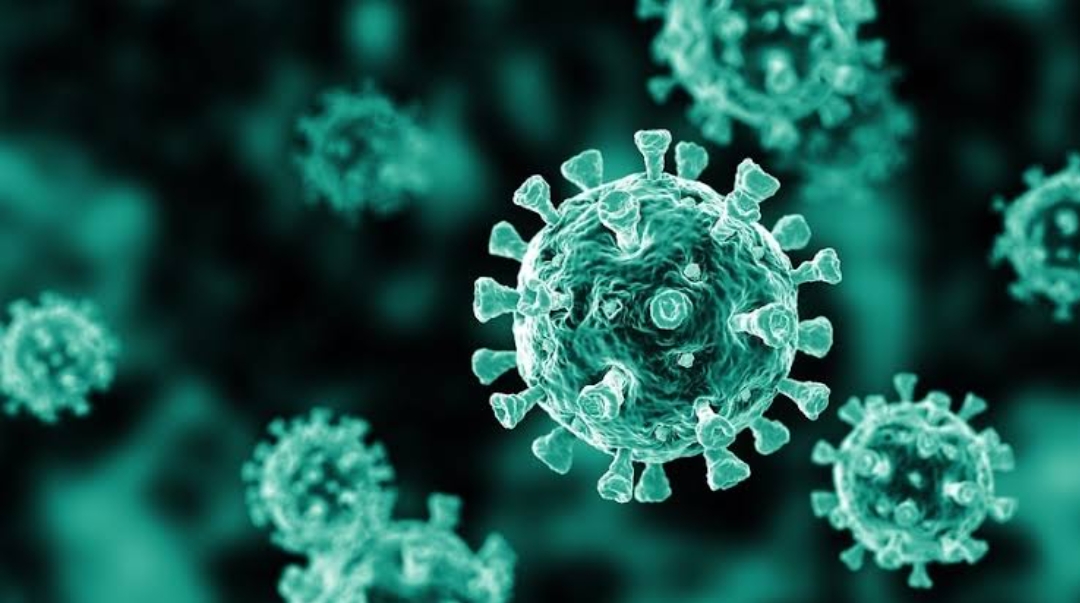
Children's Risk of Seasonal Allergies May Increase After Year of Lockdowns
Risk of Seasonal Allergies, sometimes called "hay fever" or seasonal allergic rhinitis, are allergy symptoms that happen during certain times of the year, usually when outdoor molds release their spores and trees, grasses, and weeds release tiny pollen particles into the air to fertilize other plants.
Children need some exposure to the plethora of viruses, bacteria, and allergens that exist in the world in order for their immune systems to learn how to fight them. The longer they go without this exposure, the less information their systems will have to identify and mitigate dangerous microbes when they enter the body.
According to the study, Risk of Seasonal Allergies like asthma, hay fever and eczema have increased exponentially over the last century, and researchers proposed that is directly linked to reduced microbial exposure at a young age. Even before the pandemic, children were spending a great deal more time indoors than previous generations largely because of access to smart devices for entertainment and learning. The need to stay indoors and avoid social interactions this past year to prevent the spread of COVID-19 may have exacerbated the negative effects of that, which include an elevated susceptibility to allergens.
Families who stay home this year may also do other things to balance out the potentially bad effects of isolation. Some mothers may breastfeed their babies for longer than they otherwise would have, Dr. Finlay said, which could strengthen their immunity, since breast milk contains maternal antibodies.
Professor of pediatrics at RCSI University of Medicine and Health Sciences, Jonathan Hourihane, who is leading the study of 1,000 infants born in Ireland between March and May 2020, said that the lockdown presents a ‘unique scientific opportunity’ to examine the early origins of often lifelong diseases, issues that constitute a major health and social burden in Ireland and other developed countries.
Professor Hourihane says that allergic diseases like eczema, asthma, hay fever and food allergy have become more common over the last 30 years. This is thought to result from decreased exposure to infections, due to smaller family sizes, the introduction of effective immunizations against the most serious infections and community focus on hygiene. Air quality, which has also worsened in Ireland and in other industrialized nations over the last 30 years, also affects allergic conditions.


















